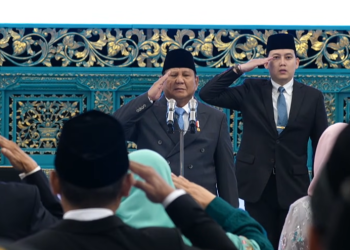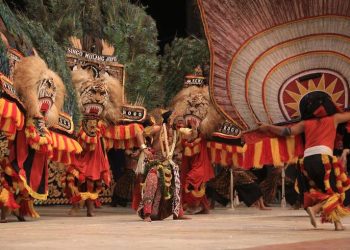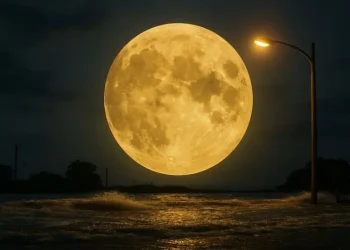Jakarta, Indonesia Sentinel — Valhalla, derived from Old Norse meaning “the hall of the slain,” is more than a mythological construct. It encapsulates the core of Viking spirituality, emphasizing values of honor, bravery, and loyalty. Rooted in Norse mythology, Valhalla serves as a sanctuary where fallen warriors, chosen by Odin, the Allfather, are rewarded for their courage in battle. To the Vikings, this concept was both a spiritual aspiration and a philosophical framework that shaped their worldview.
The Viking Worldview and Religion
Viking spirituality was polytheistic, centering around gods and goddesses who personified nature, wisdom, and warfare. Their pantheon, led by Odin and Thor, reflected the Vikings’ respect for resilience and strength. However, their beliefs were not limited to the divine; they also acknowledged the interconnectedness of all life through Yggdrasil, the World Tree.
The afterlife in Viking belief varied depending on one’s life and deeds. Valhalla, governed by Odin, was one of several destinations. It was reserved for those who displayed exceptional valor in battle, while others might journey to Hel, a neutral realm, or Fólkvangr, Freyja’s domain. This diversity of afterlife concepts underscores the Vikings’ nuanced understanding of death and destiny.
The Philosophy of Valhalla
Valhalla stands as the ultimate reward for warriors who lived and died with honor. Its depiction—a grand hall in Asgard with a golden roof and infinite feasts—symbolizes abundance and eternal camaraderie. Warriors here prepare for Ragnarök, the apocalyptic battle, reinforcing the idea that life, even in the afterlife, involves purpose and struggle.
This belief system deeply influenced Viking society. It motivated warriors to embrace death without fear, as dying honorably in battle was seen as a ticket to eternal glory. For the Vikings, life was transient, but their deeds could immortalize them in Valhalla.
Rituals and Practices
To honor this belief, the Vikings conducted elaborate funerary rites. Burials often included weapons, armor, and treasures to accompany the deceased to the afterlife. Ships, representing the journey to Valhalla, were sometimes used as burial chambers. The Vikings also celebrated their fallen with feasts and stories, ensuring their memory lived on.
The Orang Ulu Tribe: Guardians of the Borneo Rainforest
The Modern Relevance of Valhalla
Today, Valhalla symbolizes more than just a warrior’s paradise. It represents resilience, the pursuit of excellence, and the importance of living a meaningful life. The idea of embracing challenges with bravery and accepting one’s fate has universal appeal, transcending its Nordic origins.
For the Vikings, Valhalla was not just a place; it was a guiding philosophy. It instilled in them a sense of purpose, urging them to face life and death with unwavering courage. In understanding Valhalla, we gain insight into the Viking psyche—a blend of practicality, spirituality, and a profound reverence for the cycle of life and death.
Valhalla’s legacy endures, inspiring modern interpretations in literature, art, and even popular culture, while retaining its philosophical core: to live with honor and face one’s destiny fearlessly.
(Becky)
























